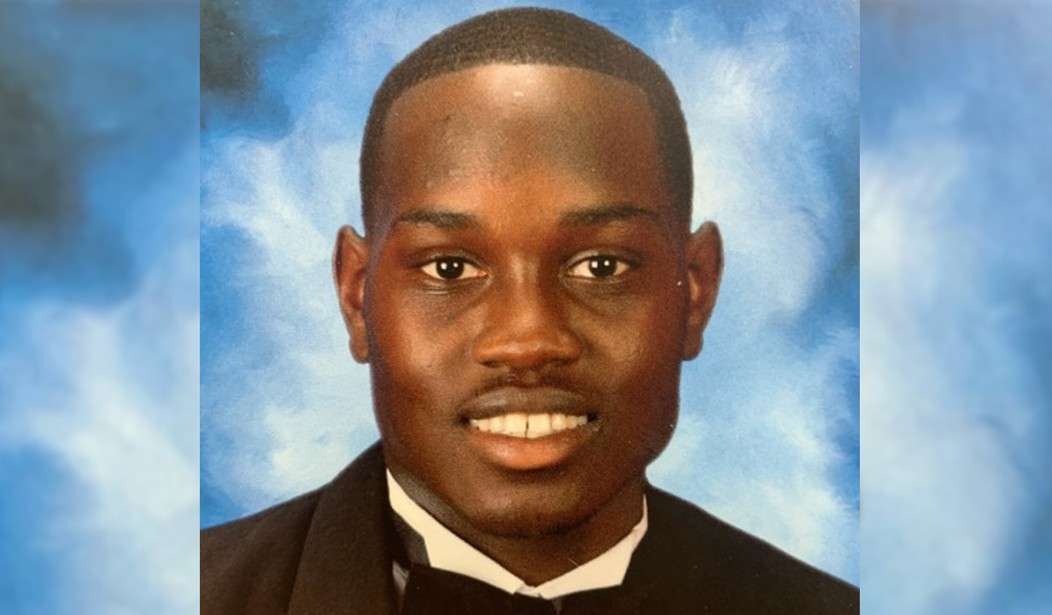Yesterday we looked at a motion filed by the defense in the trial of Travis and Greg McMichael, asking for Ahmaud Arbery’s criminal record to be brought up as relevant evidence. Superior Court Judge Timothy Walmsley declined to rule on that motion, ordering both the prosecutors and the defense to submit written opinions in the next 20 to 40 days. A separate motion by the defense was tabled, with the judge expected to announce today whether he will allow the request to proceed. The McMichaels’ attorneys have asked that details of Arbery’s mental health be allowed to be entered as evidence. Judge Walmsley declined to issue a decision on that request, postponing his ruling while deciding overnight if Arbery’s personal medical records are relevant and applicable to the matter at hand. A decision is expected today, but prosecutors are once again crying foul. They’re accusing the defense of yet another tactic seeking to blame Arbery’s death on his own actions. (Associated Press)
Superior Court Judge Timothy Walmsley planned to revisit defense attorneys’ push for permission to show the trial jury evidence involving Arbery’s mental health. They argue that mental illness could have played a role in the Feb. 23, 2020, slaying. Prosecutors are objecting, saying it’s a ploy by defense lawyers to make a case that Arbery’s death was his own fault.
During the pretrial hearing’s first day Wednesday, the judge opted against hearing testimony regarding Arbery’s mental health. He said he wanted to weigh the issue before allowing the slain man’s private medical information to be discussed in open court…
Jason Sheffield, one of Travis McMichael’s lawyers, told Superior Court Judge Timothy Walmsley on Wednesday that Arbery’s past arrests and other incidents include not only “theft crimes.” He said they also show Arbery — when confronted by police or other authority figures — would become “angry and aggressive, physically and verbally.”
At first glance, I was tempted to say that this request is as far-flung as the attempt to get Ahmaud Arbery’s criminal record entered into evidence. Arbery isn’t the one on trial.
That may still be the way the judge rules on this motion, particularly when you consider that a person’s medical records are supposed to be private, even after they die. But in the interest of entertaining both sides of the question, I will note that the defense brings up a couple of interesting points that bring us back to the damning video of the shooting that was filmed by Roddie Bryan.
The defense is offering testimony from both former police officers and witnesses to alleged criminal encounters with Arbery. This doesn’t relate so much to Arbery’s criminal activities (which have been established, though they’re not really very extensive) but rather how he responded to confrontational encounters. He has been described as being “angry and aggressive, both physically and verbally.” Would that be a factor in how he wound up being shot three times by Travis McMichael?
This is a question that brings us back to Roddie’s video. I’ll include it here as a refresher, asking you to note the key period beginning around the fifteen-second mark, where the camera turns to the right, losing sight of Arbery as he veers around the passenger-side of the truck and apparently charges toward Travis. (Disturbing content warning)
The camera catches back up to Arbery at the 19 or 20-second mark after he passes in front of the truck. Travis McMicael’s body is almost entirely blocked by the open driver-side door of the vehicle. Shortly thereafter, the two men (who are obviously struggling with each other) once again go off-camera to the left before reappearing as Arbery attempts to punch McMichael in the head and the shots are fired.
The vital piece of information we’re missing is whether or not Travis McMichael was already pointing the shotgun at Arbery when he turned and rushed toward him. I’m assuming that the defense’s argument is that Arbery was “angry and aggressive” in response to the fact that the McMichaels wanted to confront him about something, attacking Travis to try to take away his firearm. If the defense can convince a jury that it was Ahmaud Arbery who initiated the physical violence, then Travis McMichael might have an argument that he fired in self-defense, right?
But that still seems like one heck of a leap. Arbery is running past a truck with two adults visible who are both armed and obviously looking to engage with him. You would need to have a serious lack of judgment and self-preservation instincts to attack one of them. Unless, of course, Arbery was unaware that Greg McMichael was pulling out a handgun in the bed of the pickup truck, an action he likely couldn’t see from the front of the vehicle. The prosecution’s argument clearly assumes that Arbery felt he was about to be shot by some random white guy with a shotgun and was attempting to wrestle the weapon away to save his own life.
Again, we simply don’t know. Roddie’s shoddy camera work omits the key moments and there is no audio detected to tell us what any of the parties involved may have been saying at the time. But is a tendency to be “angry and aggressive” actually a sign of mental illness? And could such a personality trait lead someone to charge a man holding a shotgun? I suppose that’s what the judge will have to initially decide and what the jury will consider when the case goes to trial in October. At this point, I’m simply not finding enough hard data to make the call one way or the other. It certainly seems like the video shows an act of murder, but the more we dive into the details, I’m starting to believe that the defense may be able to craft a plausible argument for a not-guilty verdict.








Join the conversation as a VIP Member